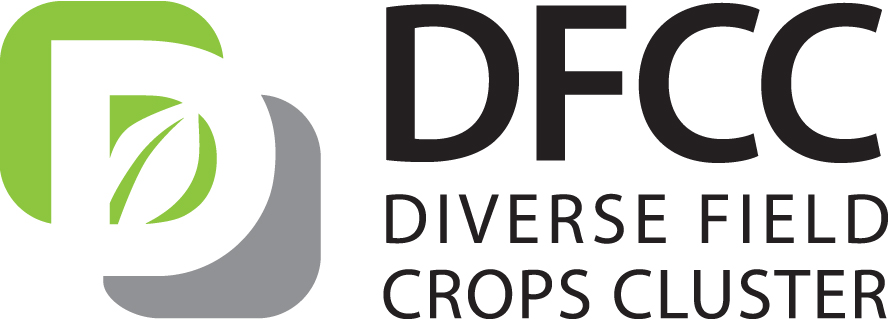DFCC research advances special crops to increase sustainability for Canadian agriculture
Saskatoon, SK: Ag-West Bio is pleased to announce that the 2018 to 2023 Diverse Field Crops Cluster (DFCC) Research Report is now available. Over the past five years, scientists across Canada have been working on 16 activities for special crops within the DFCC research program: flax, camelina, canary seed, sunflower, hemp, quinoa, mustard and carinata.
Diversification is essential for the agriculture sector to be sustainable. Canola, wheat and pulses are important, high value crops and staples in Canadian agriculture, but including other crops in rotations is key to keeping the land healthy and productive.
Ag-West Bio provided management and administrative support for the program. President and CEO Karen Churchill says “The goal of DFCC is to increase the value of high-potential, special crops through research, to supply producers with more cropping options. This will break disease and pest cycles, help producers cope with changing weather patterns and volatile commodity prices and provide market opportunities.”
Carol Ann Patterson, DFCC Project Manager, says “This cluster has been a tremendous success and showcased the diverse nature of research on special crops. I extend our sincerest appreciation to the public and private funding partners who believed in and supported this group of crops.”
The report showcases the 16 activities and highlights successes for crops within the DFCC program, such as: improved new varieties of mustard, flax and camelina; data that shows the efficacy and safety of hempseed meal for livestock feed; improved varieties of confection sunflower and quinoa that fit market demands; processes to make shelf-stable canary seed flours for the food industry; and much more. The full report is available on the DFCC website.
Contact:
Jackie Robin
Communications Director
Ag-West Bio
306 229-0391
